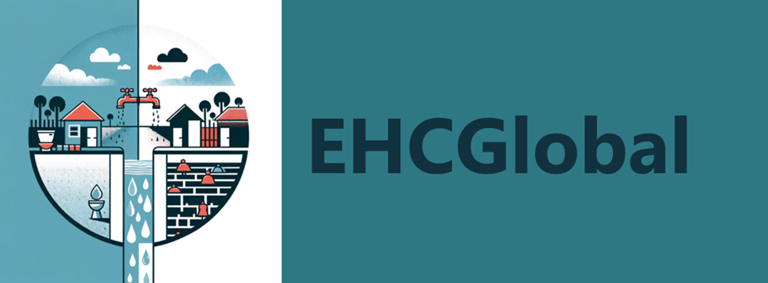The Path to Universal Sanitation: Ensuring Safe Access for All
Access to safely managed sanitation is a fundamental human right, yet millions still lack it. Despite its importance for public health and the environment, achieving universal access remains a pressing challenge.
SANITATION
By John Dennis
1/2/20252 min read
The Path to Universal Sanitation: Ensuring Safe Access for All
In today's world, access to safely managed sanitation isn't just a luxury – it's a fundamental human right that millions still lack. Yet despite its crucial importance for public health and environmental protection, achieving universal access remains a complex challenge that demands our immediate attention.
Understanding the Roadblocks
The journey toward universal sanitation faces significant obstacles, particularly in low-income regions. Limited financial resources often prevent investments in infrastructure and services. Local institutions often lack the capacity to effectively manage sanitation programs, while climate change continues to wreak havoc on existing systems through extreme weather events and population displacement.
Perhaps most concerning is the disproportionate impact on vulnerable populations. Women, girls, and marginalized communities face unique challenges, from safety concerns to cultural barriers that limit their access to proper sanitation facilities.
____________________________________
Solutions That Drive Change
Creating lasting change requires a comprehensive strategy that addresses these challenges head-on:
Financial Innovation
The funding gap in sanitation requires creative solutions. This means advocating for increased public spending while simultaneously exploring climate finance opportunities and innovative private sector partnerships. Building robust data systems to track financial flows and identify gaps ensures resources are used effectively.
Strengthening Local Capacity
Success depends on empowering local communities. This involves developing detailed action plans with clear responsibilities, building institutional capacity, and addressing critical workforce shortages. Training programs, improved working conditions, and formal career paths in the sanitation sector can help create sustainable local expertise.
Inclusive Design
Every solution must consider the needs of all community members. This means designing facilities and programs that address safety concerns, ensure privacy, and respect cultural norms while remaining accessible to everyone, regardless of gender, age, or social status.
____________________________________
Creating a Strategic Roadmap
The key to success lies not just in identifying solutions, but in implementing them strategically. This requires carefully balancing immediate needs with long-term goals, always considering local context and available resources. Some communities might need to prioritize funding, while others may benefit more from focusing on capacity building or infrastructure development.
A Call to Action
Achieving universal access to safely managed sanitation is an ambitious goal, but it's one we cannot afford to ignore. The health of our communities and the environment depends on taking decisive action now.
Whether you're a policymaker, community leader, or concerned citizen, there's a role for you in this crucial work. By combining innovative solutions with local expertise and sustained commitment, we can create lasting change that benefits everyone.
Let's work together to turn the dream of universal sanitation access into reality. The time for action is now.


